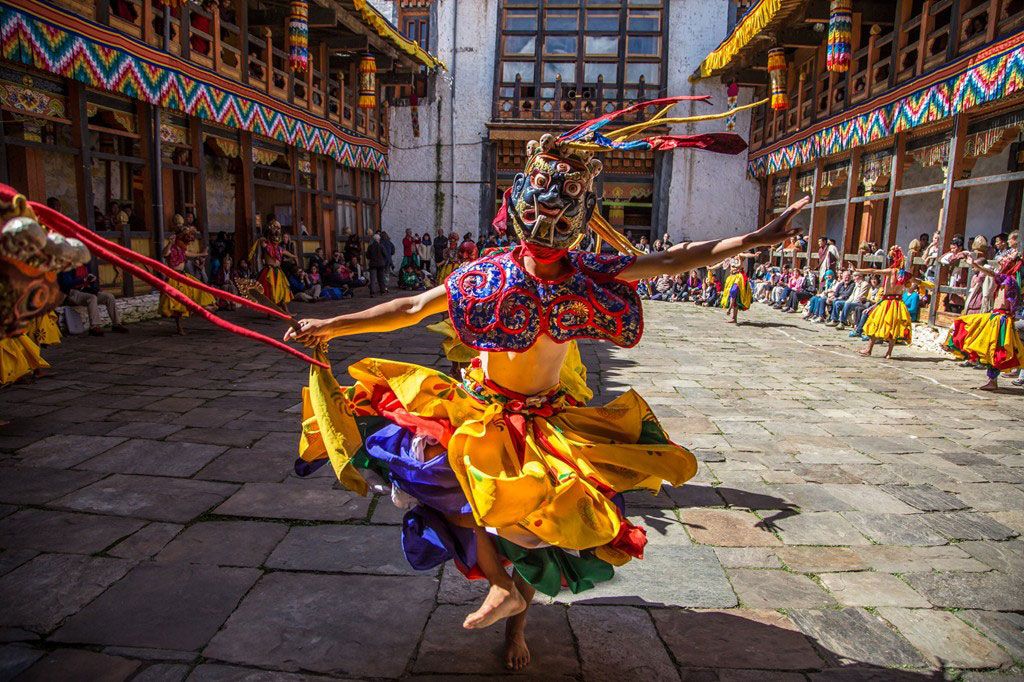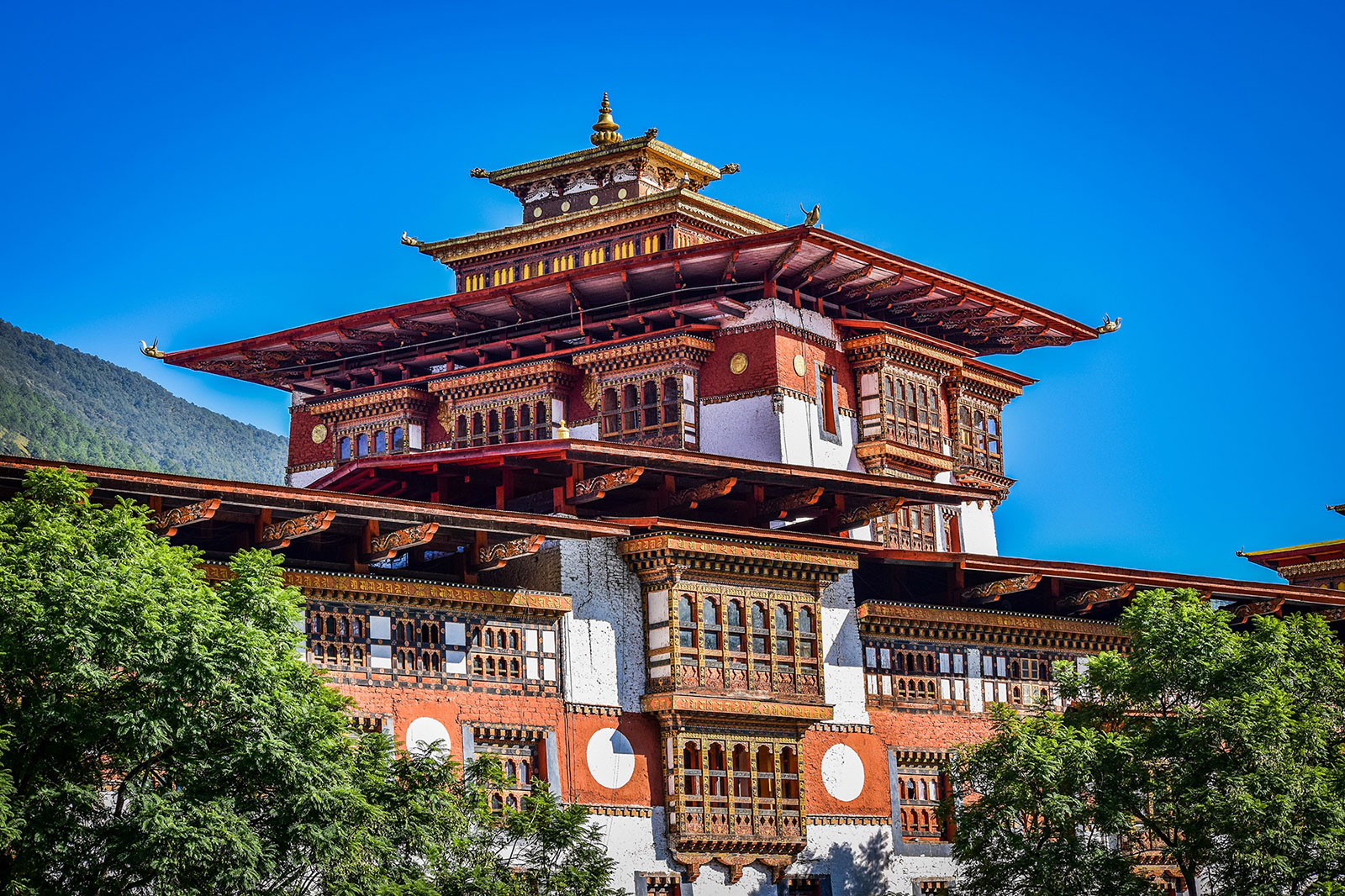“This year we expect to achieve the tourist arrival target of 65,000, if our growth rate of 67.8 percent (ending June) continues in the remaining months”, says Chhimmy Pem, Head of Marketing and Promotion Division of the Tourism Council of Bhutan (TCB).
A total of 30,019 tourists visited Bhutan as of June 2011 compared to 17,890 in the same period last year. The tourist arrival growth was targeted at 58 percent in the year.
The huge growth was credited to vigorous promotional and marketing activities TCB conducted both within the country and abroad over the past several months.
During the Meet the Press session last week, Lyonchhen Jigmi Y Thinley said the government wondered if it would be able to double the number of tourist visits or even to maintain the status quo in the light of global economic downturn.
He said the number of tourists has been ahead of the target for the last two years. “We have been daring and bold. 65,000 is a huge number and we know it’s possible,” he said.
The number is an aspirational figure which will contribute to the growth of the economy and create employment opportunities, said the director for plans and programmes of TCB, Thuji Dorji Nadik.
According to an analysis by TCB and McKinsey last year, some 8,000 people were directly employed by the tourism industry, while 9,000 got indirect employment opportunities. The industry generated about US$ 90 million last year.
One of the challenges facing TCB is to make Bhutan a tourist destination round the year, not just confined to spring and autumn seasons, said Chhimmy Pem . One strategy is to attract high-end regional tourists, especially from India.
Another challenge is to ensure tourists visit beyond Bumthang. To this end, TCB has created different products and services and initiated several promotional activities.
The development of infrastructure for tourists across the country is underway.
To meet the minimum standard required to host tourists, several hotels are upgrading to three star category.
Today, of the 119 hotels classified under different star categories, 103 are two star and above with 2,354 rooms. There are only 26 hotels which are three star and above.
Most hotels have signed Memorandum of Understandings with TCB and have been given time to upgrade themselves to a minimum of three star category.
Currently, 43 standard hotels are under construction in different parts of the country. They will have 1,071 rooms with 2,142 beds. These hotels are expected to be completed in two to three years, said the joint director of services division of TCB, Kunzang Norbu.
There are many investors interested in building infrastructure in the east, he said. The earlier stand of TCB to award works to only those investors interested in developing properties both in the west and east or south has been dropped.
A local consulting firm is doing the feasibility study to find out the suitability of the sites for hotel development in the east and the south. The government has mandated TCB to acquire 500 acres of land for infrastructure development.
So far, TCB has registered about 400 acres of private land. In places where there is no private land, government land will be made available. Private land will be considered for lease for development of properties, said Kunzang Norbu.
He said TCB has already shortlisted the sites for the western region (Thimphu and Paro). A consultant is making a detailed information memorandum which will be finalized in mid-August. Then, foreign and local investors will be invited to develop the infrastructure.
TCB expects to have all these planned tourist infrastructure in place by 2015.
For the financial year 2010-2011, TCB’s budget was Nu 23.6 million in addition to the annual allocation from the government for promotional activities. However, its expenditure exceeded Nu 46 million. The budget for TCB in the current fiscal year stands at Nu 30.65 million.









